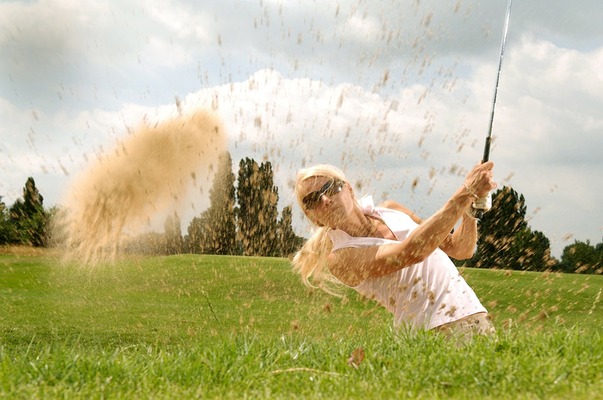
At times, it seems as though every golfer is short on confidence. Perhaps one of the reasons for this apparent lack of confidence is that golfers are unsure about the components of confidence and the strategies to enhance confidence. Research on confidence suggests we gain confidence from several sources: mastery experiences, vicarious experiences, verbal persuasion and physiological states. We can use golf as a sport to illustrate these concepts and how sport psychologists can help in this regard.
Mastery experiences
These refer to a person’s past performance achievements and represent the strongest source of confidence information. You might hear golfers say: “I’ve won here before, there’s no reason why I can’t win around here again”. But what if you have never won before how can you win for the first time? Research by sport psychologists has shown that imagined past experiences can also affect one’s confidence. In other words, by imagining success in your mind you can build confidence to perform successfully in future.
Vicarious Experience
Have you ever wondering why Rocky is so motivating for some people? Or perhaps how inspired you feel when a fellow golfer makes it to a Tour event? Watching others perform well in a competition provides us with information about our own capabilities. If the golfer you are watching is similar to you, perhaps in age and experience, and that golfer is successful, you too can experience a gain in confidence. A clever way to raise our confidence is to watch our previous successful performances on a video or DVD. Some sport psychologists also suggest using imagery to recall past successes if you do not have a video or DVD of your success.
Verbal Persuasion
Have you ever noticed how a few simple words spoken to you at the right time make you feel confident? This source of confidence from others is helpful in raising our self-confidence. Coaches, caddies, sport psychologists and friends play a vital role in the personal confidence beliefs of golfers. As well as the support we receive from these people, we can also help ourselves to build confidence with helpful and constructive statements.
Physiological states
Physiological and emotional states also influence our self-confidence. Some golfers learn to associate poor performance with negative physiological arousal (e.g., feeling nervous, butterflies in the stomach) and good performance with positive feeling states (e.g. happy, excited). Unfortunately, many golfers feel that they cannot change how they feel or change how such feelings can be interpreted.
You can search for a sport psychologist to help you improve your confidence in golf using our directory and if you would like to join you can do that here.
